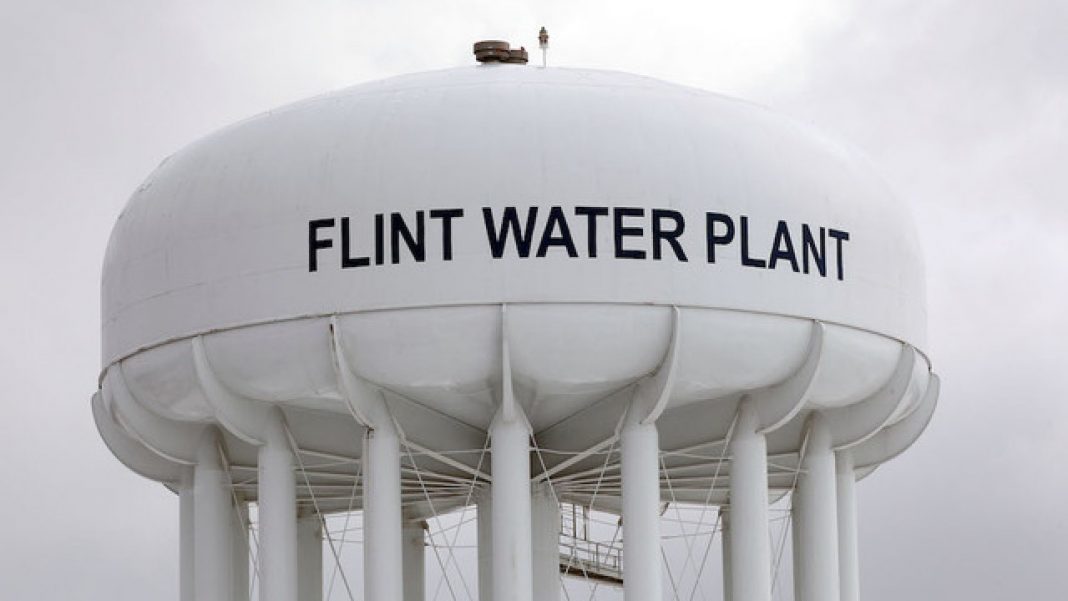Copyright Getty Images
Americans can order food and groceries on their cell phones but access to clean water isn’t a guarantee. That is especially so for Black people, as evidenced by the Flint Water Crisis. After six years of fighting, the residents of Flint finally have some small measure of justice, in the form of a $600 million settlement.
The newly announced settlement is between the state of Michigan, the state’s Department of Environmental Quality (DEQ) and individual defendants, including former Gov. Rick Snyder. Victims who were under the age of 18 at the time of the crisis will receive nearly 80 percent of the money allocated. Litigation will be ongoing, however, as other defendants will be pursued. Among them are two private engineering firms being pursued for professional negligence. Flint’s Mayor has said that the city has completed 91% of inspections, leaving about 2,500 households that may still have lead pipes.
The city of Flint had just over 100,000 residents as of the 2010 census. It’s likely that the number has declined. It is certain that property values there have declined, even from the suppressed levels before the crisis. In other words, $600 million can’t even begin to approach the value that the people of Flint have lost in monetary terms, not to mention quality of life and the suffering they’ve endured. As a majority-Black city, Black people should especially take an interest in the welfare of the people of Flint and take seriously the notion of investing in the town. Land is finite and wherever it can be found, Black people should own it. Few see the value in Flint today and that’s precisely why Black people should embrace the city and be part of its resurgence.








